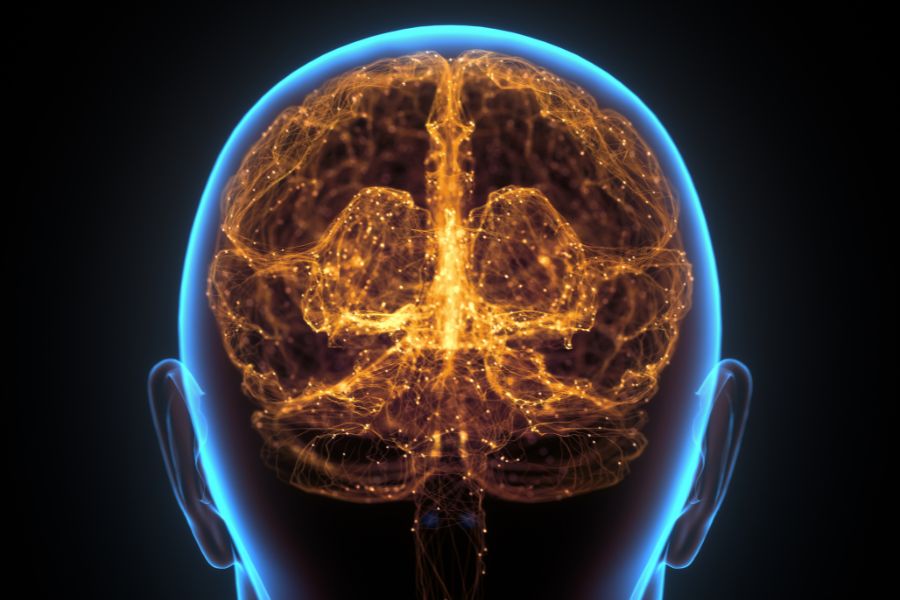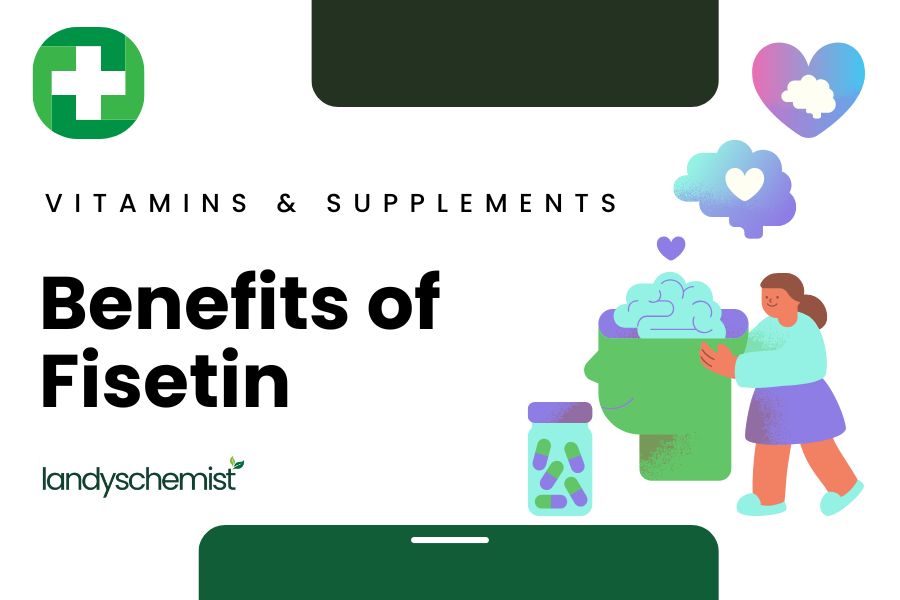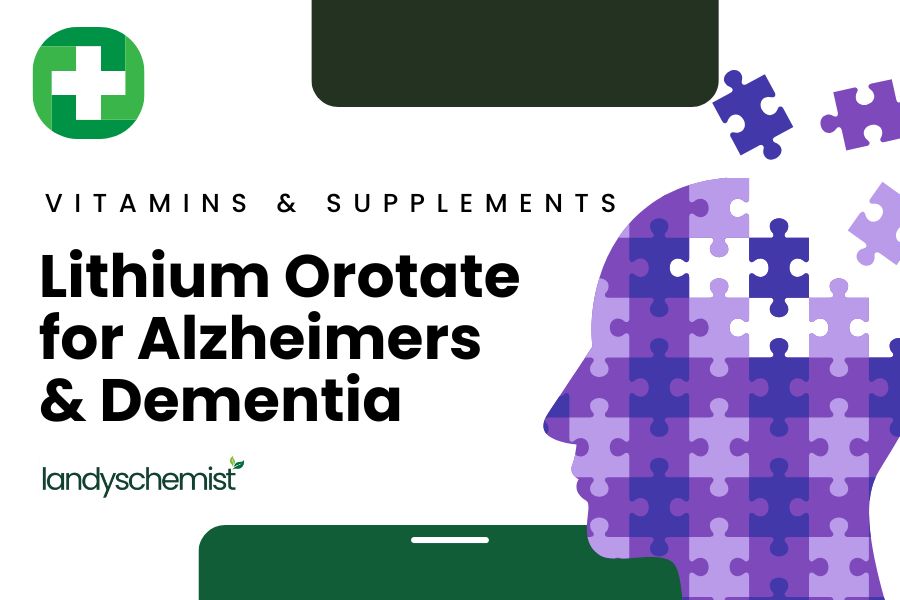
New Research: The Link Between Serotonin and Depression
The Role of Serotonin on Depression
Major study links serotonin deficiency to depression. A new study in the journal Biological Psychiatry has offered the first medical evidence of decreased serotonin release in those with depression.
Since the 1960s, researchers have wondered whether people experiencing depression symptoms were also experiencing disruption within their serotonin neurotransmitter system in the brain. This was known as the ‘serotonin hypothesis’. Evidence to back this up however was always lacking. This has caused present day researchers to look back into the theory, with incredible results and direct evidence of serotonin disruption in the brains of those with depression.
What is serotonin?
Serotonin is a chemical that is produced by the body. It is also known as the ‘happy hormone’. Nerves produce it in order to send signals around the body. Serotonin also plays an important part in digestive health, blood health and the normal function of the nervous system and mood regulation. Serotonin is made from an amino acid called tryptophan, which we get from our diet. It is found in animal-based products such as meat, cheese, eggs, milk and nuts. It is possible for the body to produce too much serotonin, which can lead to carcinoid syndrome. In severe cases, carcinoid syndrome can lead to tumours in the intestines, appendix or bronchial tubes. It is possible to obtain a blood test from your doctor to measure the amount of serotonin in your system to rule out carcinoid syndrome.
What does serotonin do?
Serotonin is a really important chemical, as it is responsible for all kinds of motor skills and actions, and your emotions. It can also help the body with digestion, sleeping, healing and the regulation of anxiety. It affects our ability to feel happy emotions, and can also help us heal when we are injured, or bring on feelings of nausea if we are feeling sick.
90% of the serotonin in your body is produced by your gut. This ensures that the intestines are working correctly, and that you have controlled bowel function and movement. In the brain, serotonin regulates happy and sad moods, and our sex drives. Those who may have mood disorders, depression or anxiety may take serotonin reuptake inhibitors (SSRIs) to boost serotonin activity in the brain. Our ability to stay awake and our sleep cycles are also regulated by serotonin levels, enabling us to switch in and out of REM sleep. Another role of serotonin is within blood platelets. These platelets help our blood to clot when we are injured, stopping bleeding and enabling wounds to heal properly. Without serotonin, our platelets wouldn’t heal.
What are the links between serotonin and mental health?
There are many links between mental health conditions and changes to the way our brains process and use serotonin, although this isn’t the only cause. Mental health conditions are caused by a combination of factors, including serotonin levels, life experiences, environment, genetics and health conditions. Antidepressants are a common treatment for many mental health conditions, along with therapy.
The research conducted by the journal Biological Psychiatry, depression is the most common mental illness on the planet. Medications targeting the serotonin signalling system in our brain have been used to treat depression, getting the brain to increase serotonin production. A better understanding of these medications, and why only 50% of patients respond generally to antidepressants, could lead to more effective treatments for this common mental health condition. The study, which was organised in collaboration with Imperial College London, King’s College London, Copenhagen University, the University of Oxford and research company Invicro, involved the assessment of serotonin release in response to tests in 17 people with depression, and 20 people who did not have depression. Its aim was to measure more accurately the levels of serotonin in the brain, and the results suggested a reduced serotonin release in those with depression.
John Krystal, MD and editor-in-chief of Biological Psychiatry, says: “The role of serotonin in depression has evolved significantly over the past decade. We once thought that serotonin changes could account for the entirety of depression. When this hypothesis could no longer be supported, some were inclined to dismiss any role for serotonin in depression. The current study provides important new support for further exploration of the role of serotonin in depression. Drugs targeting serotonin receptors, such as psychedelics, are being explored as potential new treatments for mood disorders.”
The study also stressed the need to examine in greater depth the measures of serotonin in the human brain, and how they link to depression. All patients taking part in the study were not taking antidepressant medication, suggesting that low serotonin release is a feature of depression itself, rather than a side effect of antidepressant medication. This is an important step forward in understanding how the brain works in people with depression, and measuring serotonin production in patients. It may also help us to better understand the symptoms of depression, and lower levels of serotonin in other conditions like Parkinson’s disease.
How can I boost my serotonin levels?
SRIs are the most common forms of antidepressant medications. They increase serotonin production by blocking reabsorption. Discuss your options with your GP, as some antidepressants can affect how other medications work.
There are also supplements that can help to boost serotonin levels. Supplements that have been suggested for low mood and anxiety include St. John ‘s Wort, and Vitamin D. It is also possible to buy a range of natural mood boosting remedies, such as prebiotics and ingredients such as turmeric and sandalwood or other botanicals to increase or aid serotonin production in the gut, which can improve mood. Boosting the amount of Vitamin D in your diet is another way to improve serotonin production in the body, which you can do through either spending more time outdoors in the sun (while wearing sunscreen), or taking a Vitamin D supplement. Taking regular exercise, meditation and mindfulness are all other ways of increasing serotonin levels, as these activities relax the brain and reduce anxiety, helping to improve overall feelings of happiness.
Sources:
By Neesha Desai, Pharmacist
Disclaimer
The products offered are not intended to diagnose, treat, cure, or prevent any illness or disease, or replace the advice of a medical professional. Results are not guaranteed and may vary from individual to individual.




